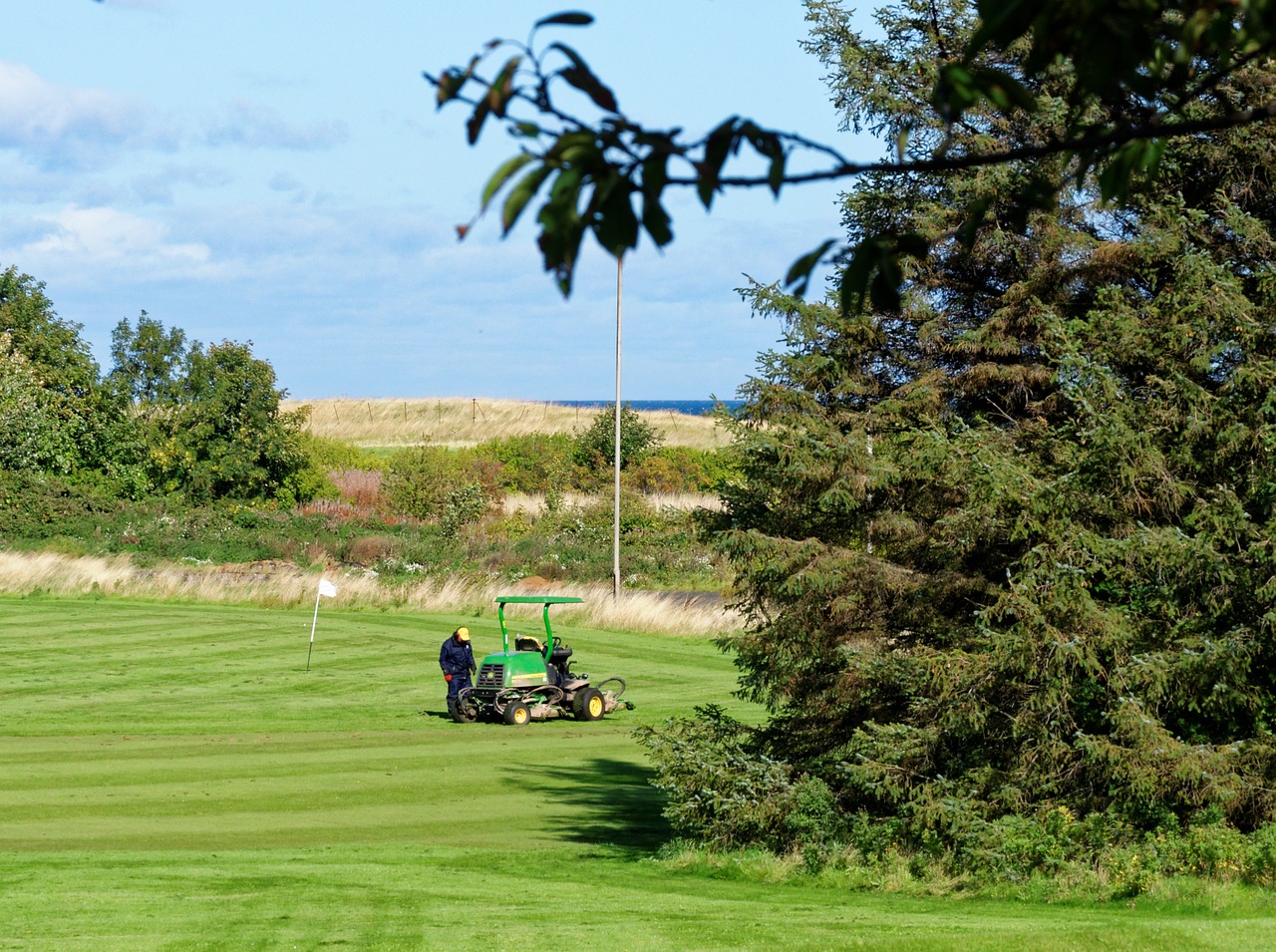Forget the Irons, It’s Steel That Keeps Golfers Going!
Even if you know nothing about the sport of golf, you probably know that golfers use ‘clubs’ and not ‘bats’ and that some of these are called ‘irons’. At one point, golf clubs were made from wood, such as hickory or orangewood and were prone to breaking and splitting. Advancements in metalwork now allow these clubs to made from steel, titanium or even carbon fibre, which has greatly improved the accuracy and distance of a shot.
We at West Yorkshire Steel fully appreciate the skill that it takes to hit a tiny, dimpled ball over 300 yards and land it in a hole no bigger than a generous sized coffee mug. We do, however, have a confession to make that could make us deeply unpopular with the golfers on our mailing list!
One of the steels that we supply – specifically a high carbon, 4.25% nickel steel – is used to make the hollow tining machines. As you’d probably guess, greenkeepers are experts in maintaining immaculate lawns, with clipped, smooth grass that allow a golf ball to glide sweetly across it. Occasionally, however, greenkeepers will use a tining machine to aerate the soil and this is done by taking a machine with lots and lots of small, hollow spikes at regular intervals and drilling into the green, removing small cores.

The resulting effect is a green that has balls bobbling along, jumping over the holes and bouncing off in all directions, must to the annoyance of just about every golfer! This isn’t, however, an act of wanton vandalism, or revenge by the grounds staff, it’s a vital part of green maintenance. Aerating the ground by removing small cores increases the oxygen available to the grass roots and makes for stronger turf. It also allows unwanted gases such as carbon dioxide to escape and allow the grass to breathe more easily. It also prevents the ground from becoming too compacted – greens take a lot of punishment with people walking across them and removing just a tiny bit of soil allows the ground to relax.
Of course, none of this would be possible without a special blend of steel to create the fine coring machine – grass and turf is almost always moist and there can be any number of chemicals and minerals in the soil that can affect steel. Rust, corrosion and mineral decomposition are all naturally occurring processes that are made worse with moisture, but the nickel steel is ideal for the job.
Although it may be a source of irritation and even colourful language for many golfers, without it any number of greens would suffer from degradation and eventually become unsuitable as a playing surface. And in terms of drilling holes in the ground, we find the steel used to be far from ‘boring’!
